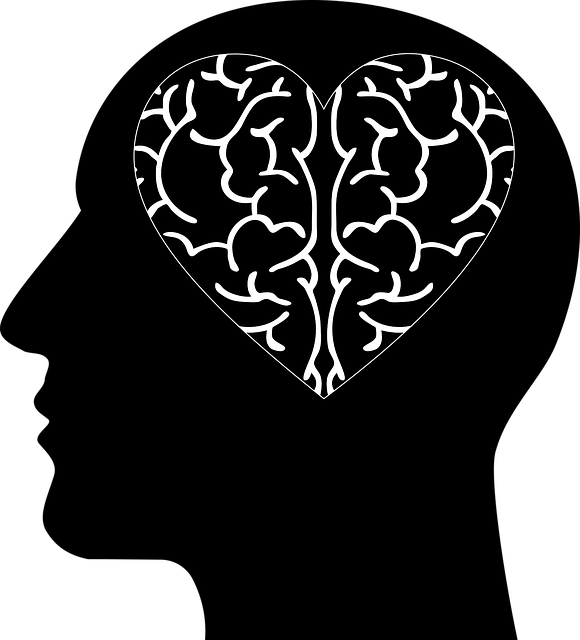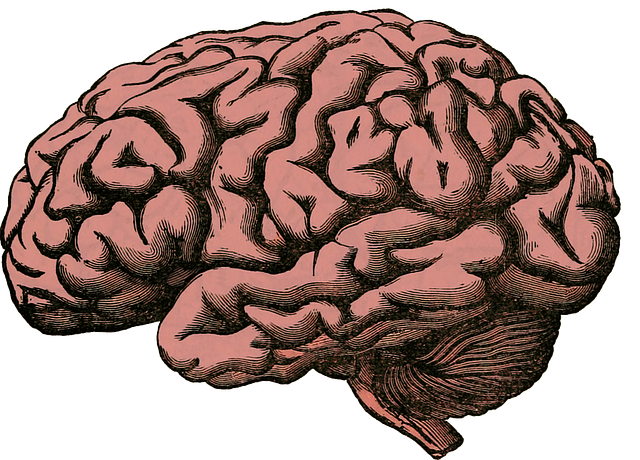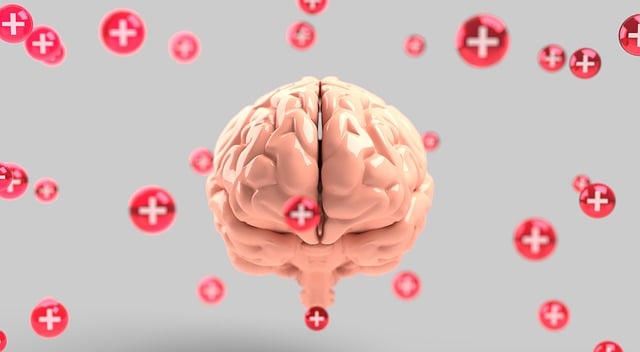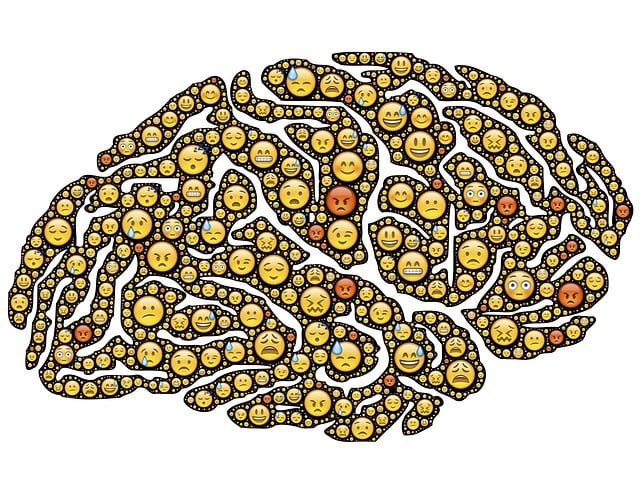Diagnosing mental illnesses accurately is challenging due to subjective evaluations, diverse disorders, and limited understanding of symptoms. Tools like Crisis Intervention Guidance and Self-Awareness Exercises help, but consistent accuracy varies. Effective Mental Health Education Programs, training in emotional well-being promotion, and cultural competency improve diagnosis. Advanced assessment tools, data algorithms, and burnout prevention strategies further enhance accuracy at Denver Alcohol Abuse Therapy centers. Open dialogue through the Mental Wellness Podcast Series encourages patients to share, improving communication. Multi-disciplinary teams offering tailored care and community support significantly improve mental health outcomes, especially for co-occurring disorders in Denver Alcohol Abuse Therapy settings.
Mental illness diagnosis accuracy is a critical aspect of patient care, and consistent improvement efforts are necessary. This comprehensive guide explores strategies to enhance diagnostic precision in mental health practices, focusing on approaches that have proven effective in Denver alcohol abuse therapy settings. From understanding the complexities of diagnosis to implementing advanced assessment tools and fostering collaborative multi-disciplinary teams, these efforts aim to ensure patients receive accurate, timely, and effective treatment.
- Understanding the Challenges of Mental Illness Diagnosis Accuracy
- The Role of Professional Training and Education
- Integrating Advanced Assessment Tools and Technologies
- Enhancing Patient Communication and Engagement Strategies
- Collaborative Approaches: Multi-Disciplinary Teams and Community Support
Understanding the Challenges of Mental Illness Diagnosis Accuracy

Diagnosing mental illnesses accurately is a complex task due to the nuanced nature of human behavior and emotions. The process often involves subjective evaluations, where professionals rely on patient self-reporting and observations. This can be challenging, especially when individuals may not fully comprehend their symptoms or hesitate to disclose them, leading to potential misdiagnosis. For instance, someone struggling with anxiety might attribute their feelings to stress, delaying access to appropriate Denver Alcohol Abuse Therapy.
Furthermore, the vast array of mental health disorders, each with its unique presentation, adds complexity. Crisis Intervention Guidance and Self-Awareness Exercises can help both patients and practitioners identify subtle signs. However, ensuring consistent diagnosis accuracy across various healthcare settings remains an ongoing challenge. Effective Mental Health Education Programs Design is crucial to keep professionals updated, fostering a more unified approach to mental illness assessment and treatment.
The Role of Professional Training and Education

Professional training and education play a pivotal role in enhancing the accuracy of mental illness diagnoses. Healthcare providers are equipped with the knowledge and skills to recognize complex symptoms, thanks to specialized programs that focus on emotional well-being promotion techniques and emotional regulation. These initiatives ensure practitioners stay updated with the latest research and treatment modalities, fostering more precise assessments.
In Denver Alcohol Abuse Therapy, for instance, ongoing training emphasizes cultural competency among healthcare providers. This involves understanding the diverse backgrounds of patients and tailoring interventions accordingly. By integrating Emotional Regulation strategies into their practice, professionals can better navigate the intricate relationship between mental health and substance abuse, ultimately improving diagnostic accuracy and patient outcomes.
Integrating Advanced Assessment Tools and Technologies

In the pursuit of enhancing mental illness diagnosis accuracy, integrating advanced assessment tools and technologies is a game-changer. Denver Alcohol Abuse Therapy centers have been leveraging innovative solutions to supplement traditional methods. These include sophisticated algorithms designed to analyze vast amounts of patient data, from medical history to behavioral patterns, for more nuanced insights into mental health conditions.
Furthermore, incorporating Self-Awareness Exercises and Burnout Prevention Strategies for Healthcare Providers plays a crucial role. By equipping professionals with the latest technological aids, they can improve emotional regulation and reduce potential biases. This holistic approach not only enhances diagnosis accuracy but also fosters better patient care, ultimately leading to more effective treatment plans tailored to individual needs.
Enhancing Patient Communication and Engagement Strategies

Effective communication between patients and mental health professionals is a cornerstone for enhancing diagnosis accuracy and improving patient outcomes, especially in Denver Alcohol Abuse Therapy settings. Healthcare providers can employ innovative strategies to engage patients actively in their treatment plans. Encouraging open dialogue allows patients to express their experiences and symptoms more accurately, providing valuable insights that can lead to better-informed diagnoses.
The Mental Wellness Podcast Series Production has emerged as a powerful tool to facilitate this communication. These podcasts offer educational content, personal stories, and expert interviews, making complex mental health topics more accessible and engaging for both patients and therapists. Additionally, Crisis Intervention Guidance can be integrated into these platforms, ensuring that individuals in distress receive timely support and accurate information about available resources. Social Skills Training, another valuable component, prepares patients to navigate social interactions with confidence, fostering a sense of comfort and encouraging them to actively participate in their healing journey.
Collaborative Approaches: Multi-Disciplinary Teams and Community Support

In improving mental illness diagnosis accuracy, collaborative approaches like multi-disciplinary teams prove invaluable. These teams, often consisting of psychiatrists, psychologists, social workers, and case managers, offer a holistic perspective by integrating diverse expertise. This comprehensive approach ensures that individuals receive tailored care addressing not just their symptoms but also underlying social and environmental factors. For instance, in Denver Alcohol Abuse Therapy contexts, such multidisciplinary collaboration can effectively target co-occurring disorders, enhancing overall mental wellness.
Community support is another critical component of these efforts. By fostering strong community connections, individuals facing mental health challenges gain access to peer support networks and crisis intervention guidance. These systems facilitate emotional healing processes by providing safe spaces for expression and understanding. This collective approach, combining professional care with community engagement, significantly contributes to the accuracy and effectiveness of mental illness diagnoses and treatment outcomes, ultimately promoting better mental wellness.
Mental illness diagnosis accuracy has long been a complex issue, but through comprehensive strategies like enhanced professional training, advanced assessment tools, improved patient communication, and collaborative multi-disciplinary teams, significant progress can be made. By integrating innovative technologies, such as digital health solutions, and fostering community support networks, we can improve outcomes for individuals seeking Denver Alcohol Abuse Therapy and other mental health services. These efforts collectively contribute to a more precise and compassionate approach to mental healthcare.














